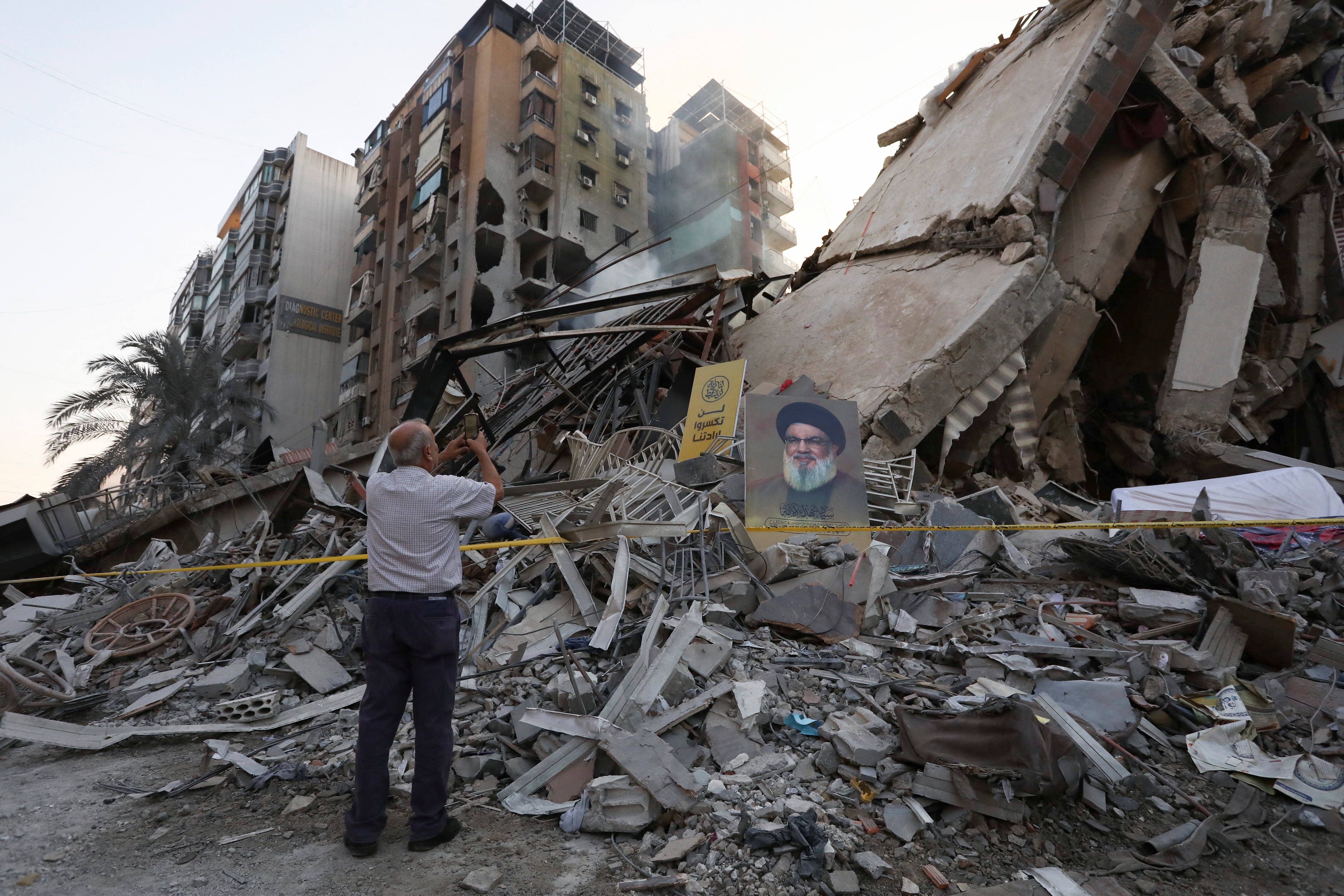The World Bank said on Thursday the ongoing conflict between Israel and Hezbollah has caused $8.5 billion in damage and losses to Lebanon, with final figures expected to be significantly higher as the conflict continues.
Ignited by the Gaza war, the conflict had been rumbling on for nearly a year before Israel went on the offensive in September, pounding Lebanon with airstrikes and sending troops into the south.
Lebanon faces estimated economic losses of $5.1 billion over 12 months, driven primarily by heavy impacts on commerce, tourism, and agriculture.
Direct physical damage in Lebanon amounts to at least $3.4 billion, the Damage and Loss Assessment conducted by the World Bank said.
The analysis projects Lebanon’s real GDP will contract by at least 5.7% in 2024 due to the conflict, compared to a 0.9% growth in a scenario without the conflict, a heavy toll for a country still reeling from the effects of a financial collapse five years ago.
“This compounds five years of sustained sharp economic contraction in Lebanon that has exceeded 34% of real GDP, losing the equivalent of 15 years economic growth,” the World Bank said.
Housing is the sector with the most reported damage, estimated at $2.8 billion, with over 99,000 housing units partially or fully damaged, according to the World Bank.
Agriculture, which has been particularly affected in the southern regions of Lebanon, lost over $1.1 billion over 12 months, driven by lost harvest caused by destruction of crops and livestock and displacement of farmers, the report said.
Commerce accounted for $178 million in damage, with economic losses estimated at $1.7 billion, the education sector losses are estimated at $215 million, while the environment has incurred $221 million in damage, it added.
The health sector has suffered losses estimated at $338 million, while tourism and hospitality, one of Lebanon’s main economic drivers, have incurred losses of $1.1 billion, according to the World Bank report.
The conflict is having broader social and environmental implications in Lebanon and has exacerbated food insecurity, the report said.







Click here to change your cookie preferences